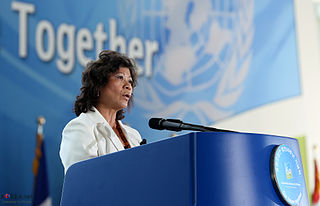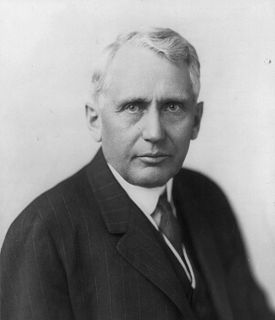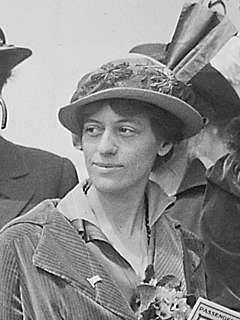A Quote by Hannah Arendt
the insight that peace is the end of war, and that therefore a war is the preparation for peace, is at least as old as Aristotle, and the pretense that the aim of an armament race is to guard the peace is even older, namely as old as the discovery of propaganda lies.
Related Quotes
Perhaps peace is not, after all, something you work for, or 'fight for.' It is indeed 'fighting for peace' that starts all the wars. What, after all, are the pretexts of all these Cold War crises, but 'fighting for peace?' Peace is something you have or do not have. If you are yourself at peace, then there is at least some peace in the world. Then share your peace with everyone, and everyone will be at peace.
My attitude to peace is rather based on the Burmese definition of peace - it really means removing all the negative factors that destroy peace in this world. So peace does not mean just putting an end to violence or to war, but to all other factors that threaten peace, such as discrimination, such as inequality, poverty.
The twentieth century had dispensed with the formal declaration of war and introduced the fifth column, sabotage, cold war, and war by proxy, but that was only the begining. Summit meetings for disarmament pursued mutual understanding and a balance of power but were also held to learn the strengths and weaknesses of the enemy. The world of the war-or-peace alternative became a world in which war was peace and peace war.
If civilization is to survive, the principles of the Prince of Peace must be restored. Shattered trust between nations must be revived. Most important of all, the will for peace on the part of peace-loving nations must express itself to the end that nations that may be tempted to violate their agreements and the rights of others will desist from such a cause. There must be positive endeavors to preserve peace. America hates war. America hopes for peace. Therefore, America actively engages in the search for peace.
Peace is the absence of war, but beyond that peace is a commodity unlike any other. Peace is security. Peace is a mindset. Peace is a way of living. Peace is the capacity to transcend past hurts - to break cycles of violence and forge new pathways that say, I would like to make sure we live as a community where there is justice, security, and development for all members. At the end of the day, peace is an investment; it is something you create by investing in a way of life and monitoring where your resources go.





































